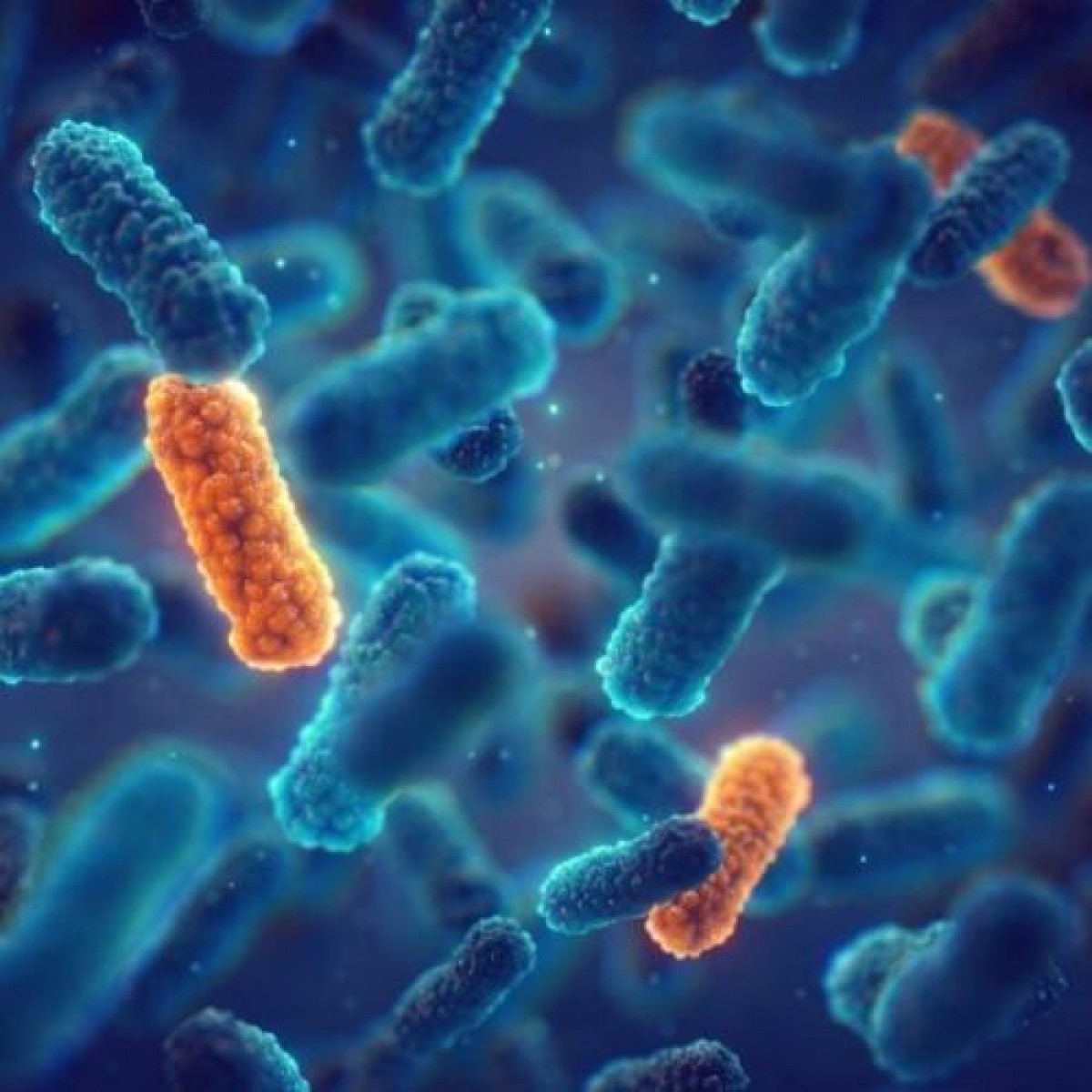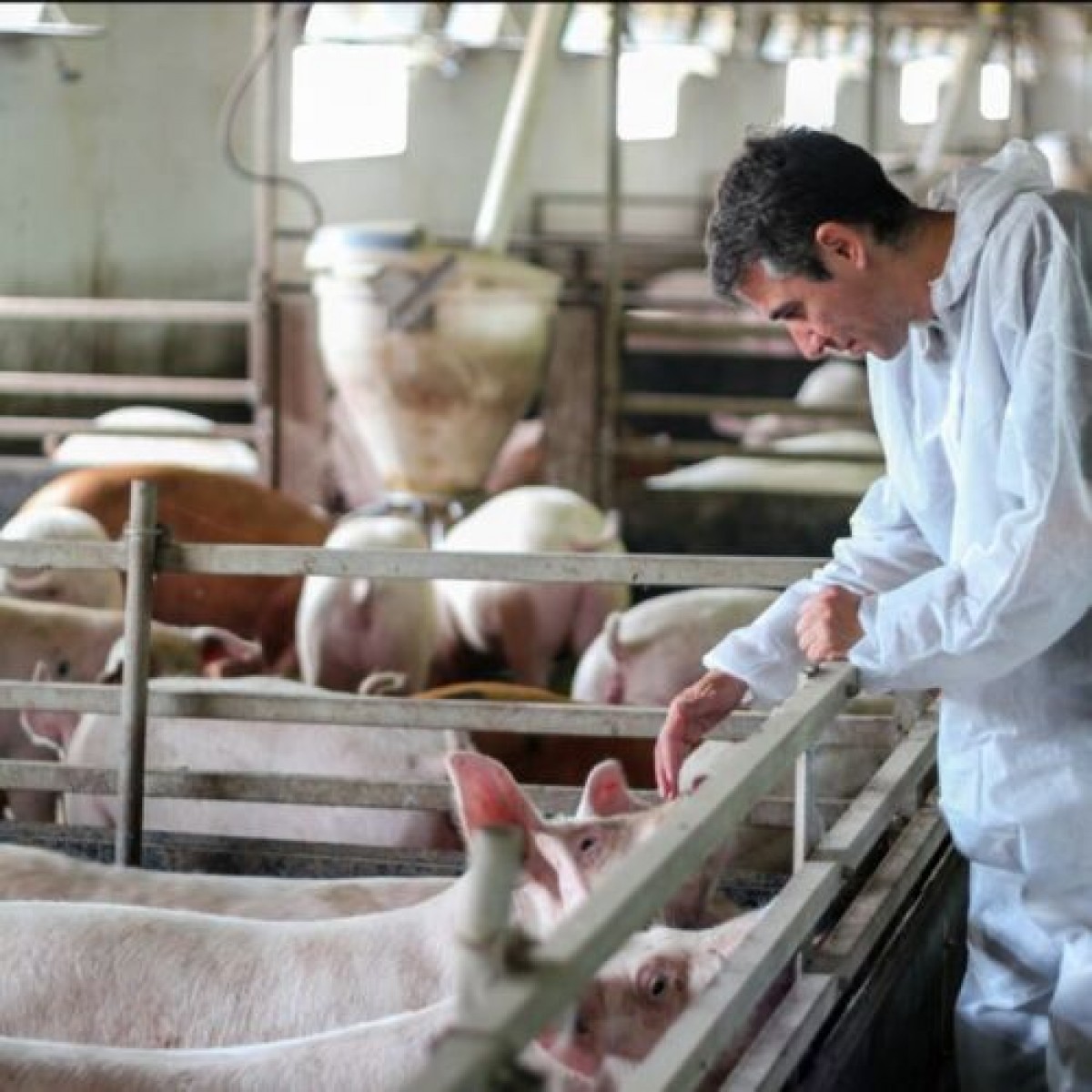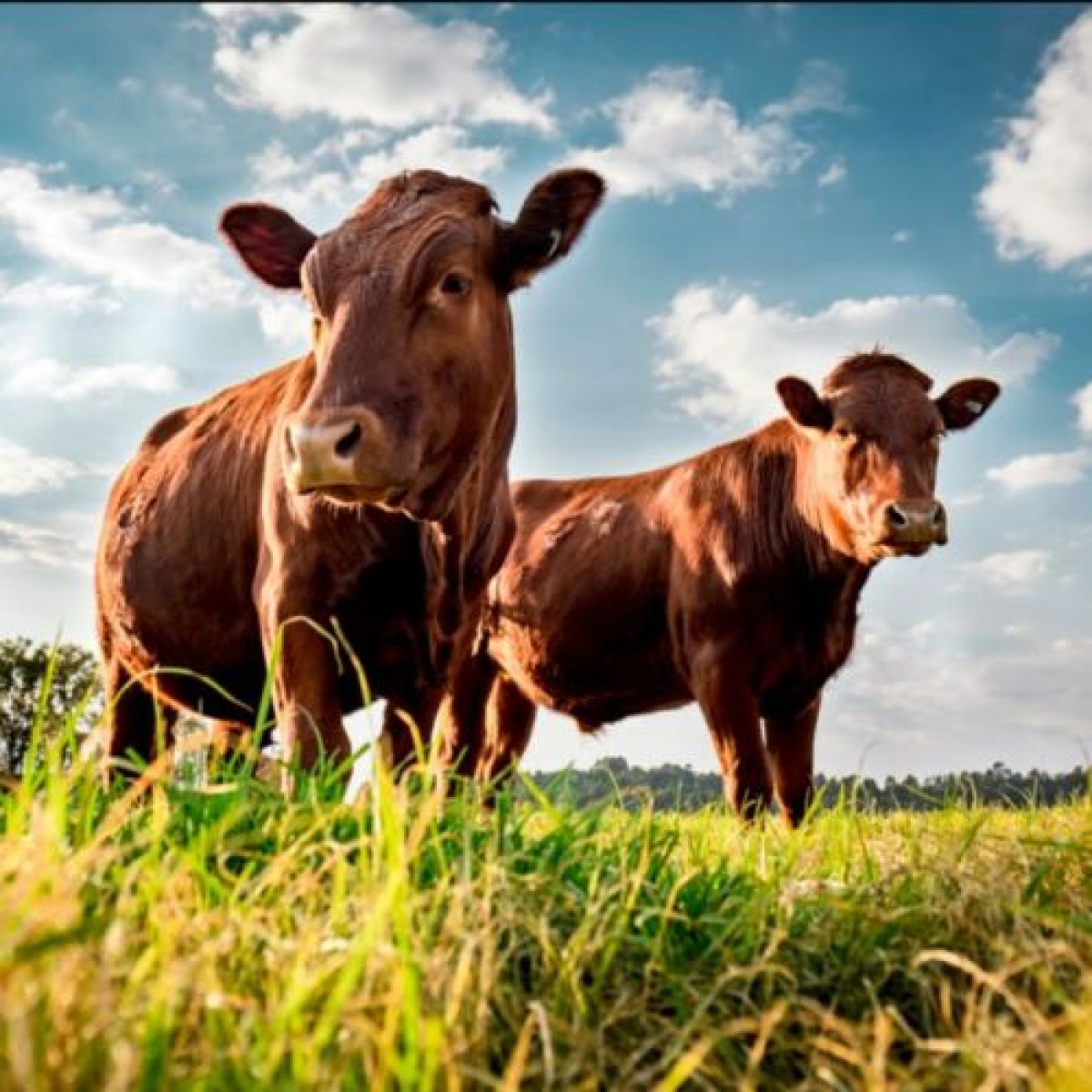The effects of signalment, diet, geographic location, season, and colitis associated with antimicrobial use or Salmonella infection on the fecal microbiome of horses
Horses with antimicrobial-associated diarrhea have a more severe dysbiosis than do horses with Salmonella.
The fecal microbiome of healthy horses may be influenced by signalment, diet, environmental factors, and disease.
To assess the effects of age, breed, sex, geographic location, season, diet, and colitis caused by antibiotic use (antimicrobial-associated diarrhea [AAD]) and Salmonella infection on fecal microbiota.
Healthy horses (n = 80) were sampled from nonhospital environments across multiple geographical locations in the United States. Horses with AAD (n = 14) were defined as those that developed diarrhea secondary to antimicrobial use. Horses with Salmonella infection (n = 12) were presented with spontaneous onset of colitis and subsequently tested positive on Salmonella quantitative polymerase chain reaction. All horses were >1 year of age and stratified by a dietary scale that included forages (pasture and hay) and concentrates grouped by percentage of fiber and amount.
Illumina sequencing of 16S rRNA genes was performed on fecal DNA.
Healthy horses fed higher amounts of grain clustered separately from those fed lower amounts of grain (analysis of similarities [ANOSIM], R = 0.356-0.385, Q = 0.002). Horses with AAD and Salmonella had decreased richness and evenness compared to healthy horses (P < .05). Univariable analysis of the 3 groups identified increases in Bacteroidetes (Q = 0.002) and Protebacteria (Q = 0.001) and decreases in Verrucomicrobia (Q = 0.001) in AAD horses whereas Salmonella horses had less Firmicutes (Q = 0.001) when compared to healthy horses.
Although the amount of grain in the diet had some impact on the fecal microbiome, colitis had a significantly larger influence. Horses with ADD have a more severe dysbiosis than do horses with Salmonella.
Carolyn E Arnold, et al. J Vet Intern Med. 2021 Jul 16. doi: 10.1111/jvim.16206.
https://onlinelibrary.wiley.com/doi/full/10.1111/jvim.16206














List
Add
Please enter a comment